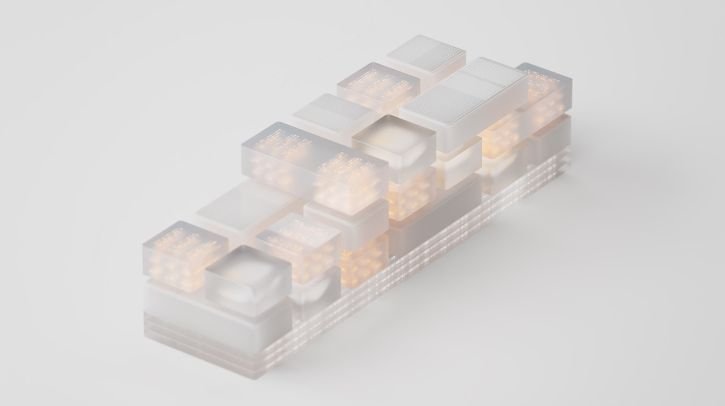Volvo has announced that its future electric models will be based on the same fundamental core of systems, modules, software and hardware, called the Volvo Cars Superset tech stack. This is a single tech and software base that houses all modules and functionalities that will be used in the brand’s future portfolio, starting with the EX90.
This stack can be configured in numerous ways, and each model will be a selection or subset from the Superset tech stack. Volvo will benefit from this approach when it comes to product development and improvement as it only involves working on one stack.
Anders Bell, chief engineering and technology officer at Volvo Cars, said, “Our engineers will work on one Superset, constantly improving, growing and expanding its capabilities and features. This allows for dramatically improved quality, increased speed to market and continually better cars for our customers.”
Volvo currently undertakes closed-loop development based on data, connectivity, software and core computing. This new shift to core computing is as significant as electrification as it affects anything connected to the cars’ electrical systems, and the benefits are endless.
Volvo is also developing a new electric technology base called SPA3, which will be underpinned by the Superset tech stack. The upcoming EX60 electric SUV will be the first car to be based on the SPA3 base. SPA3 benefits from SPA2 features while adding more core computing capability and scalability than its predecessor. The SPA3 architecture will also help Volvo keep production costs down. Volvo’s Torslanda plant in Sweden is preparing to start production of SPA3 cars soon.


